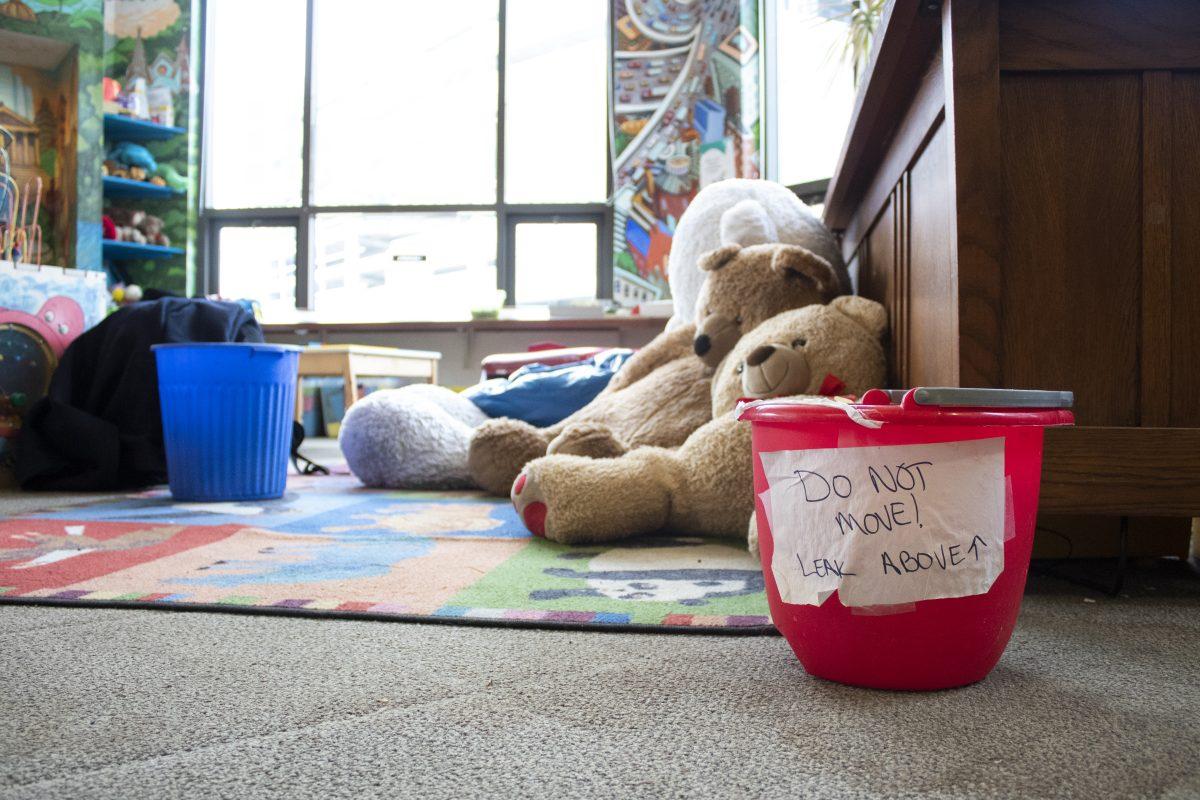Lack of funding hurts libraries and their communities
Branches of the Free Public Library of Philadelphia are still feeling the effects of budget cuts from the 2008 recession, affecting their ability to effectively serve their communities.
The economic recession that occurred in 2008 led to an attempt by the city of Philadelphia to close down many public libraries across the county, but members of the community decided to fight back to keep their libraries. Despite their efforts, the budget was cut by nearly 30 percent in 2008 and has remained stagnant since 2010.
This lack of funding has created problems for the Free Libraries of Philadelphia, as well as members of the surrounding communities, according to Alice Wells, president of the Friends of Walnut St. West Library.
“I go to the library at 10 o’clock or noon depending on what time it opens, and there’s always people lined up outside waiting for the library to open,” Wells said.
Wells said some libraries have had to close or delay opening due to broken air conditioners or heating, issues with plumbing and leaks in the roof.
“That’s part of the problem of the libraries not opening, we need money just for routine maintenance,” Wells said.
Members of the Free Public Libraries requested a $15 million increase in the budget for this coming year, but according to the Five Year Financial and Strategic Plan Mayor Jim Kenney presented on March 7, he will be providing only a $2.5 million increase.
“We plan to increase support for the Free Library, so all of our neighborhood libraries can provide six-day service,” Kenney said in his budget address.
Christi Buker, executive director of the Pennsylvania Library Association, said that each library has had to handle the budget cuts differently, especially when dealing with decisions about staffing and maintenance issues.
“As each individual library looks at their funding, some of them have cut hours as a result of the budget cuts,” Buker said. “Some libraries across the state are talking about closing if they don’t get more funding in the future.”
Wells said that all of the branches of the Free Public Library in Philadelphia are short-staffed, even with the days that have already been removed from the schedule.
“We’re actually short 70 people for the hours that we have now, if we were to open six days a week, for all the branches, we would be short 150 [people],” Wells said.
Public libraries across the nation have Friends groups that raise money for after-school and summer programs, and Wells said the Friends of Walnut St. West is no different.
“We take donations of money, and we also have fundraising book sales where people donate used books and we sell them,” said Wells. “We spend a lot of time and effort selling books.”
These funds have been used to buy items including new chairs for the librarians, a brand-new microwave in the kitchen and a new collection of children’s books for the library.
“Lately we’ve been supplying the soaps and things like that for the bathroom, paper towels and stuff like that because the city’s budget just isn’t cutting it,” Wells said.
Although the Francis A. Drexel Library isn’t directly affected by the state’s budget, Annie Krakow, library director at St. Joe’s, recognized that libraries are essential parts of their communities, as they offer resources such as internet access, storytime for children and resume workshops.
“Public libraries are really, truly for the community,” Krakow said. “It’s about the face-to-face interaction that helps develop people’s lives.”













































